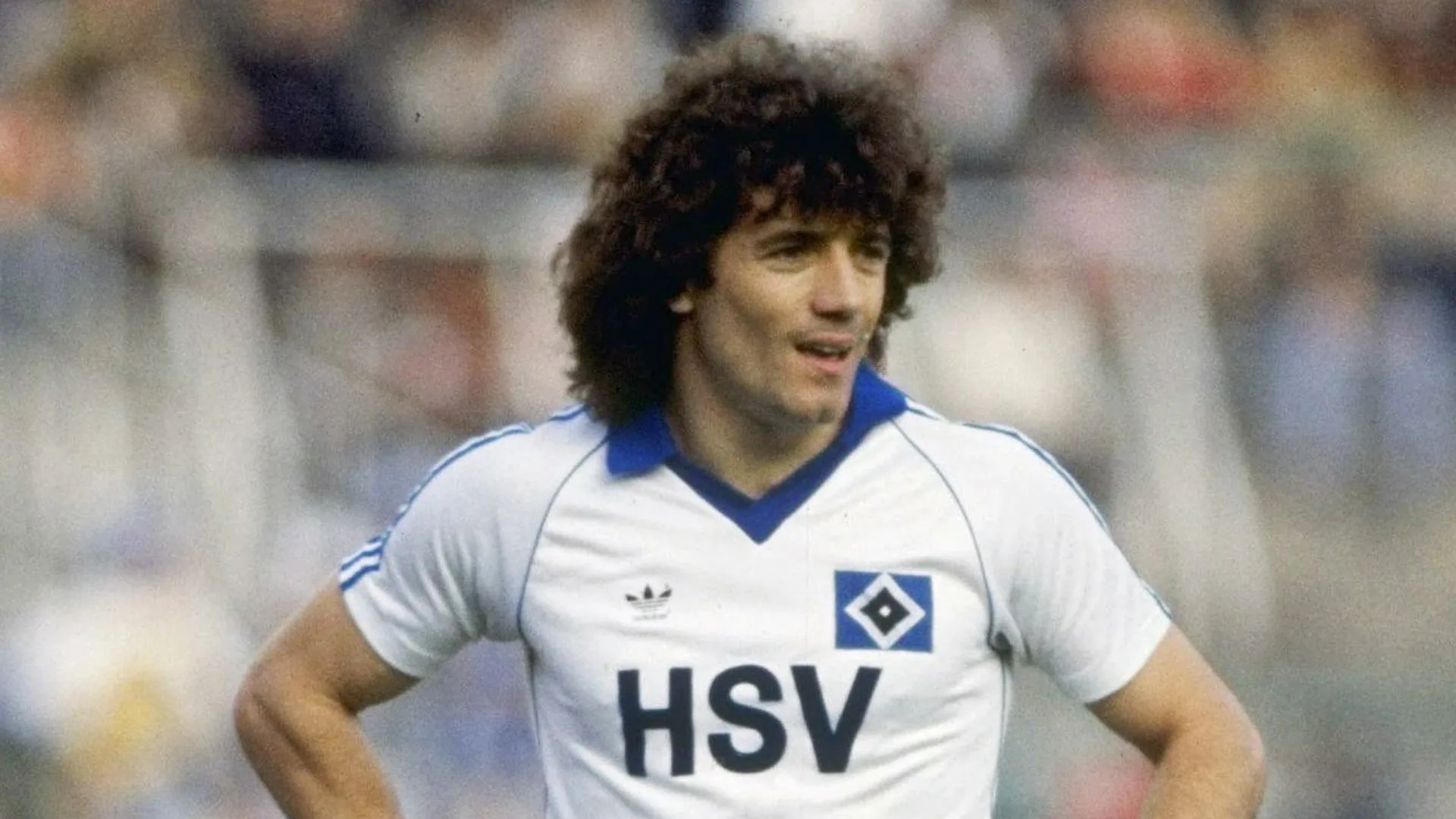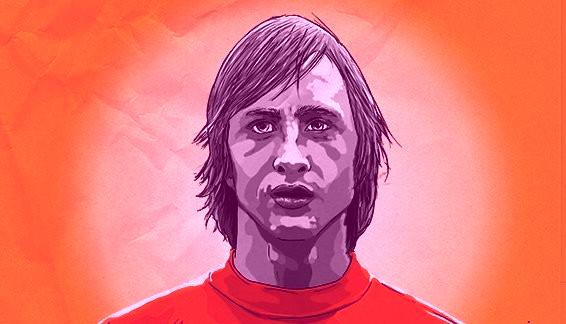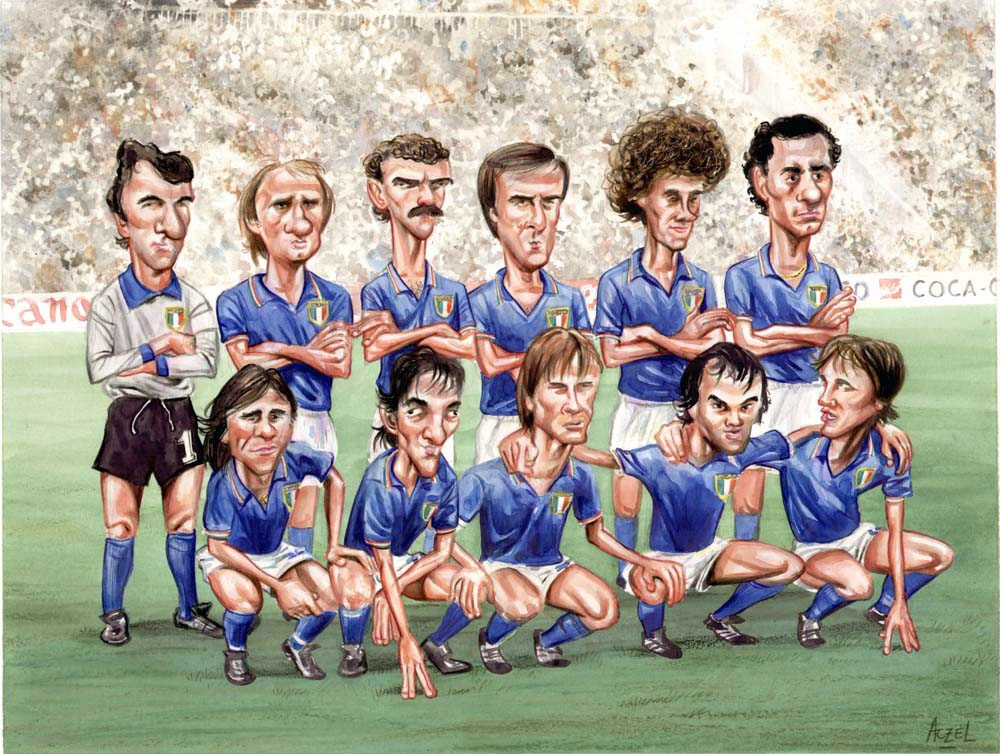
Throughout his 32 years as a player and a coach Franz Beckenbauer has affectionately been known as The Great “Der Kaiser”. A footballer who defined the style of play in Germany and who led his Nation to the ultimate footballing glory. Both on and off the pitch everything he touched turned to gold. Franz Beckenbauer became one of the most pivotal players in European and World footballing history.
And rightly so.
Born in 1945 Beckenbauer began playing football at the age of 9 with the SC Munich ’06 in 1954. His role in the team was initially as a centre forward. He would eventually join Bayern Munich in 1959 and not of his favoured 1860 Munich. A fractious youth game whilst playing for SC Munich against 1860 made up his mind that his future belonged at Bayern.
A Left Winger
He would eventually make his Bayern debut as a left-winger in a Bundesliga Play-Off match in 1964. He was just 18. By the time he reached 20 he had become a full international.
Beckenbauer played for Bayern from 1964 until 1977. During this time the Bavarians become the most successful club in German football history. Beckenbauer was instrumental in a golden age where from 1974-1976 Bayern were champions of Europe for three consecutive years. Over this period they became the most hated team in West Germany.
During the triumphant three-peat of European successes, Beckenbauer tried experimenting with the sweeper role. An experiment that would ultimately see him become one of the greatest players ever. His calmness and commanding presence on the ball were made for the role. Beckenbauer would dictate the pace of the game and keep possession effortlessly. With the added ability to progress through the pitch to begin attacks, he was the perfect footballer. As a result, both Bayern and West Germany became well-drilled, well-oiled machines. Efficient and productive.
The Great “Der Kaiser”
His career with Bayern turned out to be spectacular and very rewarding. His list of club honours indicated how dominant Bayern were with Der Kaiser in the team.
- 4 German championships (1969, 1972, 1973, 1974),
- 4 German Cups (1966, 1967, 1969, 1971),
- 3 European Cups (1974, 1975, 1976),
- 1 Intercontinental Cup (1976),
- 1 Cup Winners’ Cup (1967),
- 2 European Footballer of the Year awards (1972, 1976),
- 4 German Footballer of the Year awards (1966, 1968, 1974, 1976)
The Great “Der Kaiser” had an even bigger impact on how West Germany played throughout the 70’s and 80’s. With him dictating play from the back they became the efficient model of German football recognised by so many today. Tall and elegant he became the pin-up boy of German football.
1970 World Cup
His game reached new levels during the 1970 World Cup Finals in Mexico. Playing against the current holders England in the Quarter-Finals West Germany found themselves 2-0 and destined for the plane home. Up stepped Beckenbauer to take the game by the scruff of the neck. He scored a long-range effort in the 69th minute before West Germany equalised and eventually won the tie 3-2 in extra time.
The victory set up a semi-final against European rivals Italy. The match was a classic and would go down as one of the Games of the Century. Having used both substitutes Beckenbauer dislocated his shoulder. In constant pain, he placed his arm in a sling and continued to play. Italy eventually won out 4-3 after extra time to face Brazil in the final. For Beckenbauer, his world cup was over. Due to the dislocation, he was unable to face Uruguay in the 3rd/4th place play-off game. Germany won 1-0.
Success followed however in 1972 with West Germany becoming European Champions. Beckenbauer was now captain and led his team to a comfortable 3-0 victory over the Soviet Union to lift the trophy.
1974 World Cup
By the time the 1974 Finals came around in West Germany Beckenbauer was an integral member of world football both on and off the pitch. His influence on the game was becoming more evident as each tournament came and went. The 1974 World Cup Finals being no different. With the West German team in crisis due to a wages row, he convinced them to stay in the tournament when a player strike seemed inevitable. Further diplomacy was needed when the West Germans lost 1-0 to the rival nation East Germany.
With the German coach Helmut Schön unable to speak publicly following the defeat Beckenbauer took the press conference alongside his beleaguered manager. There are also rumours that Beckenbauer arranged all the transport for the next match and unofficially assigned himself as Assistant Manager. The West German team thrived under this new approach. They eased to the Final where Johan Cruyff and Holland awaited them.
Despite the early setback of going 1-0 down in the 2nd minute with Cruyff dictating play West Germany held firm. As the game progressed the plan to man-mark Cruyff began to pay off and the Germans grew into the game. The Great Der Kaiser was becoming minute-by-minute a big influence on the game. By the end of the first half, Muller and Breitner had put West Germany 2-1 up. The Dutch had no answer in the second half. Beckenbauer marshalled his German troops with conviction as Cruyff became a peripheral figure in the match. In his third and final tournament, Beckenbauer was finally a World Cup Winner.
Champions of Europe and the World
This victory gave West Germany the distinction of being the first European national team to hold both the European Championship and World Cup titles simultaneously. History had been written.
Unfortunately, they were unable to retain their European Championship in 1976 losing to Czechoslovakia 2-1 in the Final courtesy of the famous “Panenka” penalty.
The following year he joined New York Cosmos in the NASL. He retired from international football the same year. Beckenbauer had played 103 times for his country scoring 14 times. He played for NY Cosmos for 4 years winning the Soccer Bowl on 3 occasions. On returning to Germany with SV Hamburg in 1980 he won yet another Bundesliga title. Franz Beckenbauer would end his playing journey by returning to play one final season with NY Cosmos in 1983.
During his club career, he made 754 appearances scoring 98 times.
The Great “Der Kaiser”
In 1984 the West German national team came calling following the departure of Jupp Derwall. Without any prior managerial experience The Great “Der Kaiser” led the national team to the 1986 World Cup Final. Unfortunately, they were up against a prime Diego Maradona and Argentina. The South Americans came out 3-2 winners.
In 1990, before the German reunification, Beckenbauer managed the last German team without East German players in a World Cup. This time around they were successful in winning the final 1–0, against Argentina.
As a result, Beckenbauer is one of three men to have won the Cup as a player and as a manager. He is also the first man and one of only two to have won the title as team captain as well as manager.
This post may contain affiliate links which means I may receive a commission for any purchases made through these links. Learn more on our Privacy Policy page.
Stuart Furniss
Lifelong Liverpool fan born and bred in a small town in Hampshire, England now living in sunny Los Angeles.
Original owner, editor and site administrator for the award-winning website The 4th Official.
Related Posts
Kevin Keegan’s Bundesliga Ballet in Hamburg
Follow the journey of when Kevin Keegan went to Hamburg. Read as he conquered…
Iconic Moments in 1970s Football
Dive into the golden era with legendary footballers of the 1970s. Explore…




